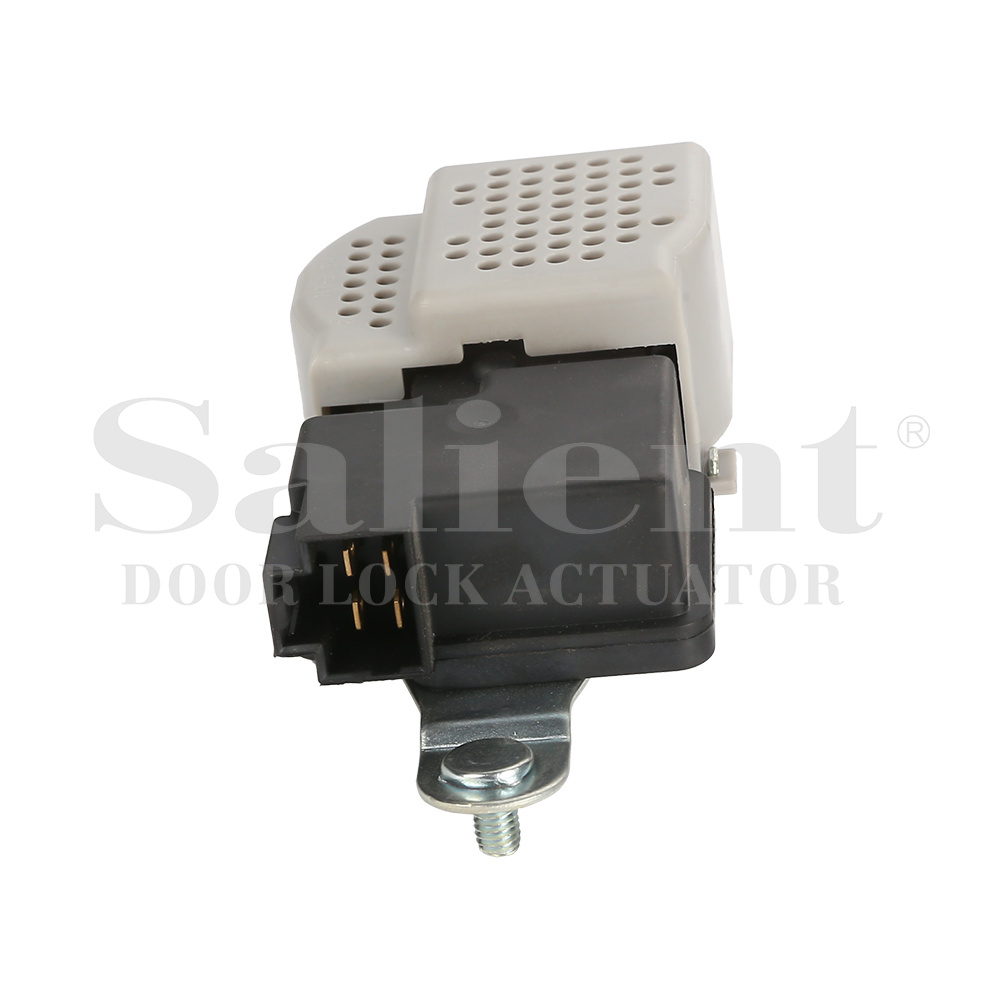A failing car ignition coil can lead to several problems beyond just starting issues. Here are some common problems associated with a failing ignition coil:
Engine Misfires: A faulty ignition coil can cause the engine to misfire, which can result in a rough running engine, decreased fuel efficiency, and increased emissions.
Poor Fuel Economy: If the ignition coil isn't functioning correctly, the engine might not burn fuel efficiently, leading to increased fuel consumption.
Loss of Power: A bad ignition coil can cause a significant loss of power, especially under heavy loads or during acceleration.
Difficulty Starting: The car may have trouble starting or may not start at all, as the ignition coil is essential for generating the spark needed to ignite the fuel-air mixture in the engine.

Check Engine Light: A malfunctioning ignition coil can trigger the check engine light on your dashboard. This light indicates that the engine control unit (ECU) has detected a problem that needs attention.
Stalling: The engine may stall while idling or driving, which can be dangerous and inconvenient.
Backfiring: Improper ignition timing due to a bad ignition coil can cause backfiring, where unburned fuel ignites in the exhaust system.
Catalytic Converter Damage: Repeated misfires and unburned fuel can lead to overheating and damage to the catalytic converter, which is an expensive component to replace.
Increased Emissions: A failing ignition coil can cause incomplete combustion, leading to higher levels of unburned hydrocarbons and other pollutants in the exhaust.


 English
English Español
Español


.jpg)


-1.jpg)


.jpg)
.jpg)
.jpg)
.jpg)

